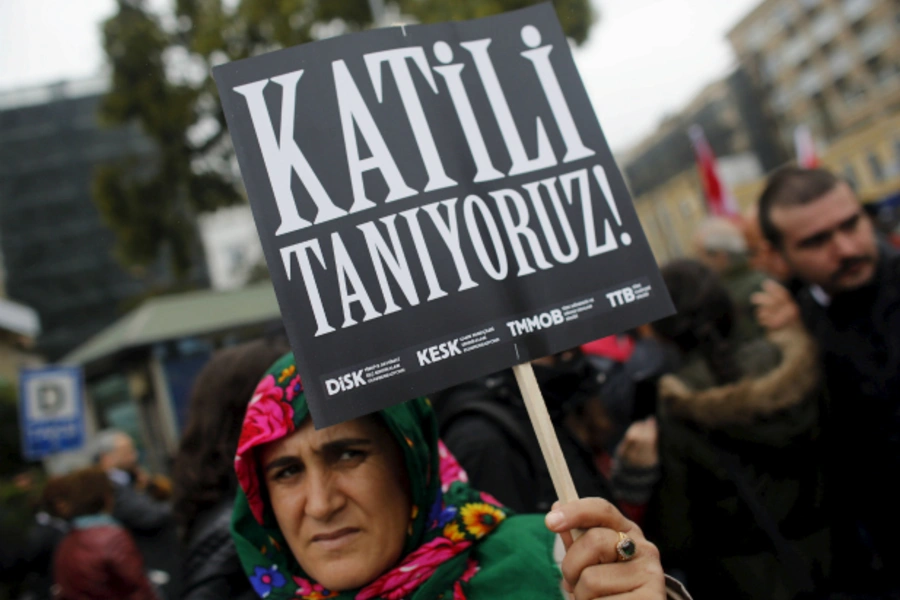Autocracy Generates Fear About Secret Powers

More on:
This article originally appeared here on the New York Times website on Friday, November 6, 2015.
The Turkish authorities have blamed the self-declared Islamic State for the attack on a peace rally in Ankara that took the lives of more than 100 people, though others in Turkey are not so sure. Critics of the dominant Justice and Development Party (A.K.P.), and some victims say the violence is more likely the work of either the government itself or the so-called deep state, designed to destabilize Turkey in a way that undermines Kurdish political goals and the A.K.P.’s efforts to transform Turkish politics.The existence of the deep state is widely accepted in Turkey, even though the evidence that it is actually real is circumstantial at best. The name refers to an alleged network of military, intelligence and civilian officials along with policemen, journalists, academics, business people and mafia figures. Working in the shadows and beyond the law, the group’s goal is to subvert the government and any centers of power that would challenge “the system” and this coalition’s interests in it.
A car crash in November 1996 involving the deputy police chief of Istanbul, a member of parliament, a hit man and the hit man’s girlfriend traveling in the same vehicle was, to some, tantalizing evidence of the deep state’s existence. Yet what became known as the Susurluk scandal revealed official corruption and criminal activities among a network of officials and politicians, but it did not shed light on an alleged larger conspiracy of individuals who control the Turkish state. Still, the belief that a deep state exists and that it would perpetrate an act of terrorism against fellow Turkish citizens remains strong.
Continue reading here...
More on:
 Online Store
Online Store
